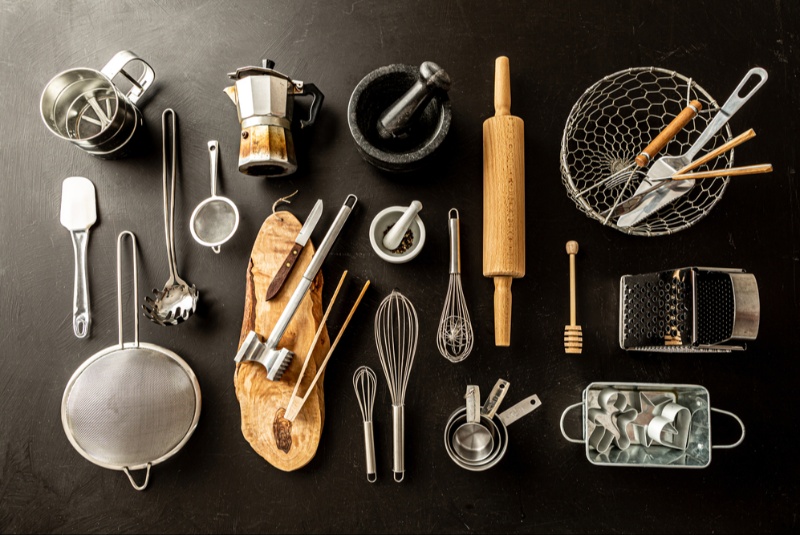For many people, music is more than background noise — it’s a passion, a hobby, and a source of joy. Whether you’re into streaming, collecting vinyl, attending concerts, or playing instruments, being a music lover can also become an expensive pursuit. Subscriptions, tickets, gear, and accessories add up quickly. The good news is that with some creativity and a few smart strategies, you can enjoy your favorite songs, artists, and experiences without straining your budget.
Take Advantage of Free Streaming Options
Streaming services like Spotify, YouTube Music, and Pandora offer free plans with ads. While they don’t provide the same flexibility as paid subscriptions, they still give access to millions of tracks at no cost. If ads bother you, consider rotating free trials of premium services. Many platforms offer one- to three-month trials, and switching between them lets you enjoy ad-free listening without long-term costs.
Share Family or Group Plans
If you do prefer premium streaming, opt for family or group subscriptions. Services like Spotify, Apple Music, and YouTube Music allow multiple users under one discounted account. Splitting costs with friends or relatives reduces the per-person fee dramatically. Instead of everyone paying individually, a group plan makes streaming more affordable without compromising access.
Explore Free and Legal Music Sources
Beyond major streaming services, plenty of platforms offer free music legally. SoundCloud, Bandcamp, and Audiomack feature tracks from both emerging and established artists, often free to stream or download. Local libraries also provide free access to music databases like Freegal. These resources help you discover new music while supporting independent musicians.
Buy Used CDs, Vinyl, and Instruments
For collectors, new vinyl and CDs can be pricey. Buying used is a smart way to expand your collection affordably. Thrift stores, flea markets, and online marketplaces often carry secondhand music at a fraction of retail prices. The same goes for instruments — many music shops sell refurbished guitars, keyboards, or amps that work just as well as new models for much less.
Attend Free or Low-Cost Live Shows
Concerts can be expensive, but live music doesn’t always mean pricey stadium tickets. Many cities host free outdoor concerts, open mic nights, or community festivals featuring local bands. Bars and coffee shops often showcase live acts with no cover charge. Supporting these venues not only saves money but also gives you the chance to discover up-and-coming talent.
Join Fan Clubs and Mailing Lists
Artists and venues often reward loyal fans with presale codes, exclusive discounts, or special promotions through fan clubs or newsletters. Signing up for mailing lists ensures you’re the first to know about ticket releases, often before resale sites hike prices. For devoted music lovers, these perks can save money while guaranteeing good seats.
Buy Tickets Smart
When you do buy tickets for larger shows, timing matters. Compare prices across official ticket sellers and avoid scalper sites with inflated costs. Some ticket marketplaces lower prices closer to the event if demand is low. Using cashback apps or browser extensions can also give you a small rebate on ticket purchases. If you’re flexible, weekday shows are often cheaper than weekend performances.
Borrow or Rent Music Gear
For musicians, gear expenses can be overwhelming. Instead of buying everything, borrow or rent equipment when possible. Many music stores offer rental programs for instruments, amps, or recording gear. Borrowing from friends or sharing within a local music community can also reduce costs. This way, you only invest in gear you’ll use long-term.
Learn Through Free Resources
Music lessons are valuable, but they can also be expensive. Fortunately, free tutorials are widely available online. YouTube channels, podcasts, and apps cover everything from beginner guitar chords to advanced music theory. Libraries also carry instructional books and DVDs. If you prefer structured learning, look for community centers or nonprofits that provide affordable group classes.
Use DIY and Budget-Friendly Accessories
Not every accessory needs to be top-shelf. Instead of buying brand-name picks, straps, or cables, look for generic alternatives that offer the same function at lower prices. DIY solutions also work — for example, using a sturdy case or repurposing household items for storage. Saving on small accessories leaves more room in your budget for essentials like strings or sheet music.
Sell or Trade Old Music Gear
If you have instruments, gear, or records you no longer use, selling them can generate cash to fund new purchases. Many music stores offer trade-in programs, or you can sell directly through online marketplaces. Trading within music communities can also help you upgrade without spending much out-of-pocket.
Rotate Subscriptions
If you enjoy multiple streaming or learning platforms, avoid subscribing to all of them at once. Rotate your subscriptions — keep one for a few months, then cancel and switch to another. This approach saves money while still letting you explore different catalogs and features.
Make the Most of Public Resources
Libraries are hidden gems for music lovers. Many offer free access to CDs, vinyl collections, sheet music, and even instruments for checkout. Some libraries also provide free or discounted passes to local concerts or cultural events. Taking advantage of these resources is a great way to enrich your music experience without spending a dime.
Loving music doesn’t have to mean draining your wallet. By embracing free streaming services, attending local shows, buying secondhand gear, and using community resources, you can enjoy music affordably. For musicians, borrowing equipment, trading old gear, and learning from free tutorials keeps costs down while still fueling creativity. Whether you’re a listener, a collector, or a performer, these money-saving hacks prove that passion for music and financial responsibility can go hand in hand. With thoughtful choices, you can keep the rhythm of your budget in harmony with your love for sound.





